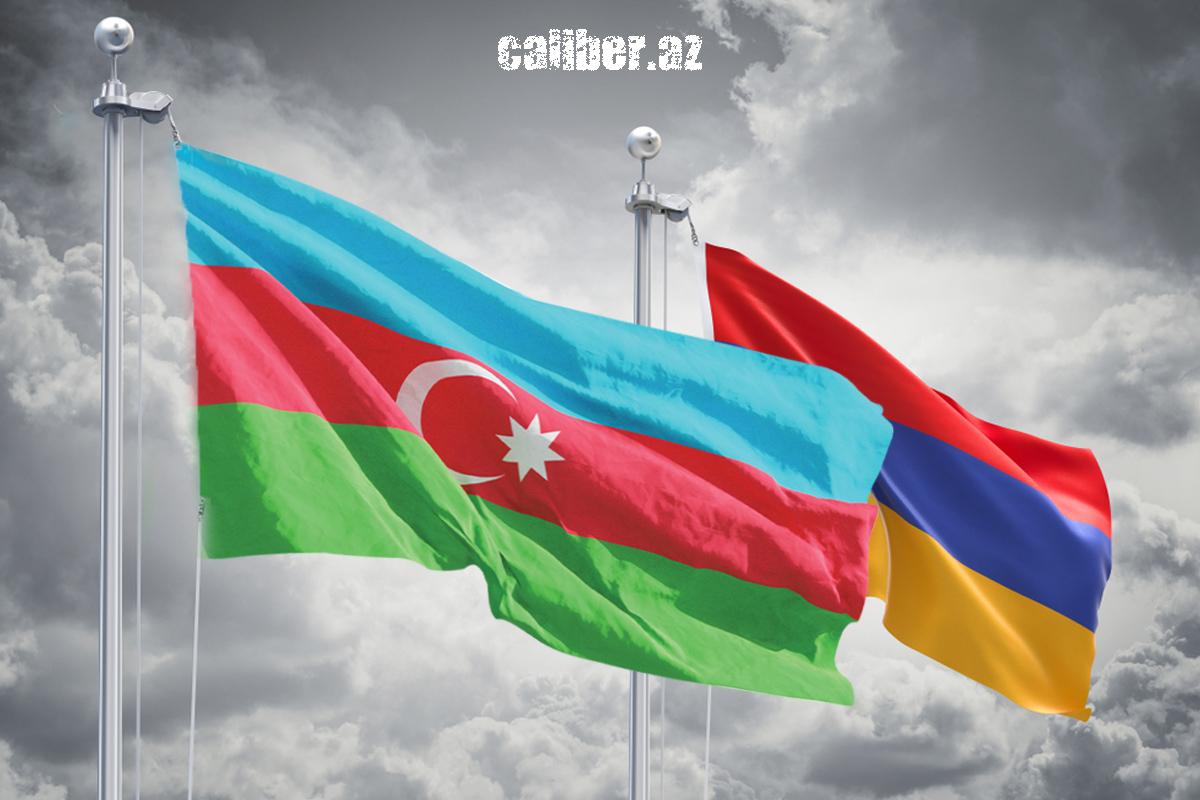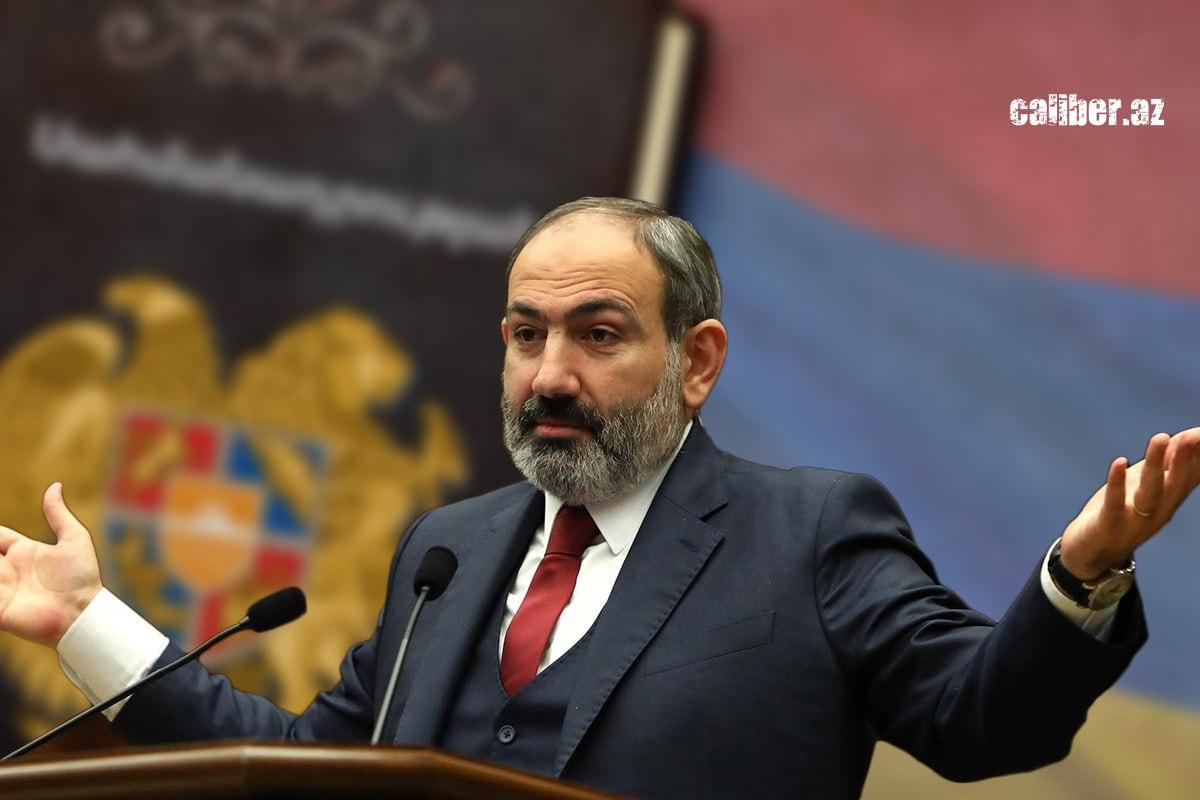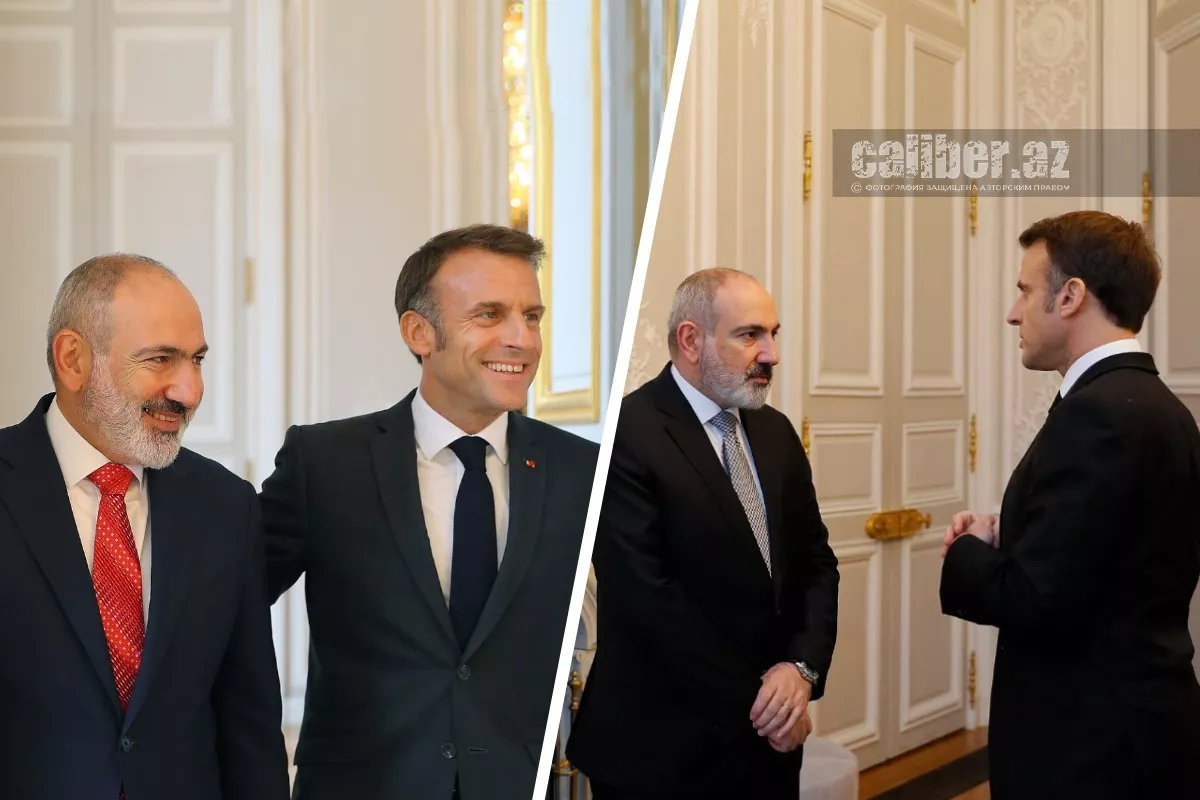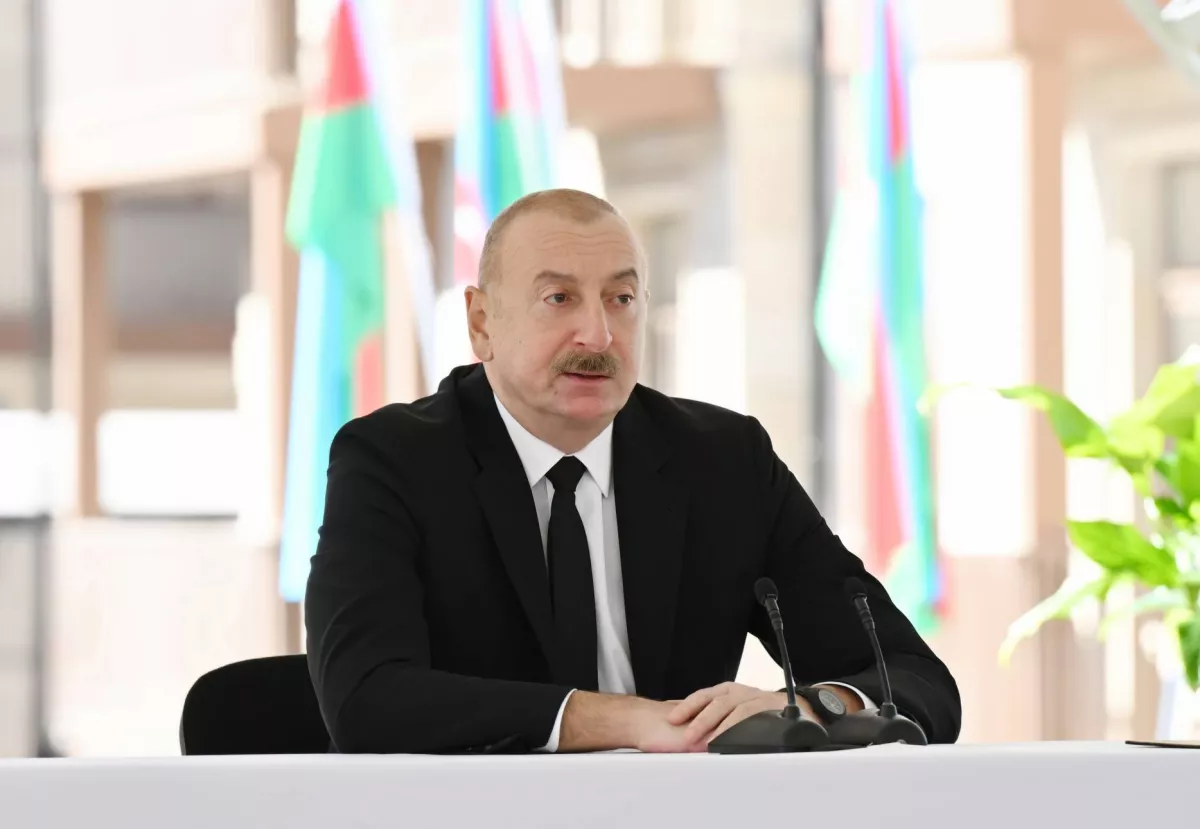Armenian-Francophonie: Anti-Azerbaijani alliance in action Rhetoric vs. Reality
Armenia shows no signs of change. A recent example of this can be seen in Prime Minister Nikol Pashinyan's remarks during his meeting with Belgian Prime Minister Alexander De Croo at the latest Francophonie summit. Pashinyan spoke about the "unacceptability of Azerbaijan's aggressive rhetoric in recent days," all while emphasizing Yerevan's commitment to a "peace agenda." At the same time, the Armenian Ministry of Foreign Affairs questioned, "Is Baku rejecting the peace agenda?"
What these individuals dreamt about remains a mystery. Perhaps their reactions stemmed from specific points made during Azerbaijani President Ilham Aliyev's address at the opening of a housing complex in Jabrayil. However, the president simply noted that Azerbaijan’s geographical neighbours “on one hand, talk about peace and spread lies; on the other hand, large-scale armament is ongoing.” What is it that Pashinyan and his team disagree with, especially since President Aliyev, in the interest of the Armenian people, urged them not to “forget the history of the Second Karabakh War?” This raises an important question: where is the evidence of Baku rejecting a peace agenda, especially when Azerbaijan offered a hand of peace to Armenia after the significant defeat of the occupying forces?

As for Pashinyan's remarks about Yerevan's “commitment” to peace, he may be implying that this involves the Armenian Constitutional Court’s recognition of the regulations regarding the work of commissions for delimiting the border between Armenia and Azerbaijan as being in line with the country’s constitution. However, the Constitutional Court refers to the Declaration of Independence of Armenia, one of the foundational principles of which is the provision for the “Reunification of the Armenian SSR and the Mountainous Region of Karabakh.” According to the Constitution of the Republic of Armenia, the Armenian people recognize “the nation-wide objectives enshrined in the Declaration on the Independence of Armenia” as foundational. This means that the basic law of Armenia enshrines territorial claims against Azerbaijan.
The Constitutional Court, however, attempted to obscure this nuance with various convoluted arguments. In particular, in the context of the Armenian Constitution's reliance on the Declaration of Independence, the Court concluded that the provision “stemming from the fundamental principles and national goals of Armenian statehood” and “established in the Declaration of Independence” does not pertain to any principle or goal codified outside the Constitution. Therefore, this conclusion should “eliminate the need for further consideration of the provision in the Declaration on the Independence that declares independence based on that very ‘miatsum’ resolution.”
Could it be that the authors of such convoluted statements believe their intentions will go unnoticed, despite the Constitutional Court's affirmation of the inviolability of the Declaration? Isn’t it Pashinyan himself who exemplifies leadership through ambiguous language? After all, in his congratulatory message to the Armenian people on August 23, marking the 34th anniversary of the Declaration of Independence, he specified that “this document declared to the world the Armenian people's desire for an independent state.” He also noted that in 1995, “the reference to the Declaration found its place and remains present in the preamble of the Constitution of Armenia.”
So, did Pashinyan or someone else acknowledge the significance of the Declaration for Armenian society, only to follow it with his characteristic verbal acrobatics to confuse readers?
How can we take seriously the statement from the Armenian Ministry of Foreign Affairs on October 4, which claimed that “Yerevan has repeatedly declared the absence of aggressive intentions toward its neighbours”? After all, this is merely a “declaration,” not a commitment to concrete actions. With mere declarations, one might say, it's easy to sidestep the real issues.

But that's not all. In its statement, the Armenian Ministry of Foreign Affairs expressed “concern over opinions regarding the potential use of the upcoming COP-29 conference in Baku as a cover for new military aggression against Armenia.” It’s curious when foreign policy agencies began hiding behind other people’s opinions. Is this a new trend for the Armenian Ministry of Foreign Affairs? Regardless of what it may signify, as a response to the so-called “concern” expressed by official Yerevan, we can reference what Azerbaijan's Minister of Foreign Affairs, Jeyhun Bayramov, said during the general discussions at the 79th session of the UN General Assembly. He stated that the COP-29 forum “will also be an opportunity to set differences aside and contribute to global peace and the climate agenda.”
Emphasizing that Azerbaijan has already announced “a flagship COP29 Truce Initiative embedded in the Joint Solemn Appeal announced a few days ago,” Bayramov urged everyone to “transcend political divergences, stand in unity, and respect the Truce during the month of COP29.” It raises the question: is the Armenian Ministry of Foreign Affairs aware of these proposals from Baku?

Meanwhile, the Élysée Palace has urged French citizens to “refrain from travelling to Azerbaijan” due to potential risks of “arrest, arbitrary detention, and unfair legal proceedings.” This represents yet another provocation and an anti-Azerbaijani diatribe from Paris. However, Azerbaijan is used to such unfriendly actions from France. The Baku Initiative Group (BIG) has already voiced its concerns regarding the documents adopted at the Francophonie summit, which, with France's direct involvement, contained “unilateral, biased, and provocative statements filled with distortions against Azerbaijan.”
Interestingly, this anti-Azerbaijani rhetoric from Paris arises even as President Macron presents the current Francophonie summit as a “space for mediation and dialogue.” Or perhaps by “dialogue,” he refers to the conversations between the sister cities of Yerevan and Paris. Nevertheless, that is a personal matter for them. For Paris, it should be more significant that the leaders of Mali, Burkina Faso, and Niger are absent from this summit.

Thus, the Élysée Palace should realize that, with such notorious foreign policy actions, France will increasingly alienate more countries. It would also be wise for Paris to heed President Ilham Aliyev’s words in Jabrayil: “No matter how hard they try, they will achieve nothing. Today, they should leave the South Caucasus in peace and focus on their own issues, deal with their own problems, cleanse their bloody past, and try to atone for their sins. They should restore the independence of the hundreds of thousands of people they have tormented, end their colonial policies, refrain from oppressing nations, and stop sticking their noses everywhere.” Will they understand this?








